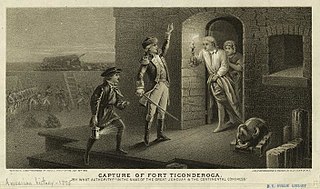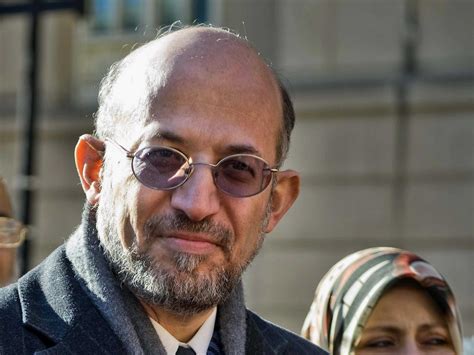A Quote by James Madison
If we are to take for the criterion of truth the majority of suffrages, they ought to be gotten from those philosophic and patriotic citizens who cultivate their reason.
Related Quotes
Truth indeed is sacred; but, as Pilate said, "What is truth?" Show us the undoubted infallible criterion of absolute truth, and we will hold it as a sacred inviolable thing. But in the absence of that infallible criterion, we have all an equal right to grope about in our search of it, and no body and no school nor clique must be allowed to set up a standard of orthodoxy which shall bar the freedom of scientific inquiry.
In this real world of sweat and dirt, it seems to me that when a view of things is 'noble,' that ought to count as presumption against its truth, and as a philosophic disqualification. The prince of darkness may be a gentleman, as we are told he is, but whatever the God of earth and heaven is, he can surely be no gentleman.
I don't think it was a patriotic war. I think it was a mistake, a strategic mistake, and I think that the president of the United States wasn't patriotic in going after Saddam Hussein. He simply misled America and cost us casualties and killed and injured America's reputation around the world without valid reason for doing so. It's not patriotic; it's wrong.
We find nothing easier than being wise, patient, superior. We drip with the oil of forbearance and sympathy, we are absurdly just, we forgive everything. For that very reason we ought to discipline ourselves a little; for that very reason we ought to cultivate a little emotion, a little emotional vice, from time to time. It may be hard for us; and among ourselves we may perhaps laugh at the appearance we thus present. But what of that! We no longer have any other mode of self-overcoming available to us: this is our asceticism, our penance.
To be patriotic is to be able to question government policy in times of crisis. To be patriotic is to stand up for the Bill of Rights and the Constitution in times of uncertainty and insecurity. To be patriotic is to speak up against the powerful in defense of the weak and the voiceless. To be patriotic is to be willing to pay the price to preserve our freedoms, dignity, and rights. To be patriotic is to challenge the abuses of the PATRIOT Act.
The system of Descartes... seemed to give a plausible reason for all those phenomena; and this reason seemed more just, as it is simple and intelligible to all capacities. But in philosophy, a student ought to doubt of the things he fancies he understands too easily, as much as of those he does not understand.

































